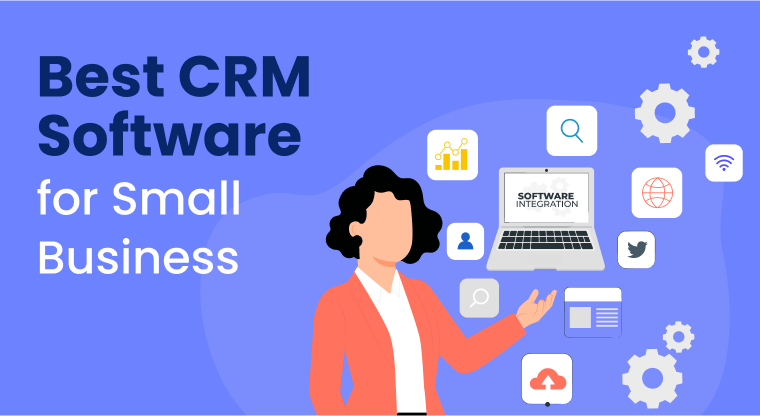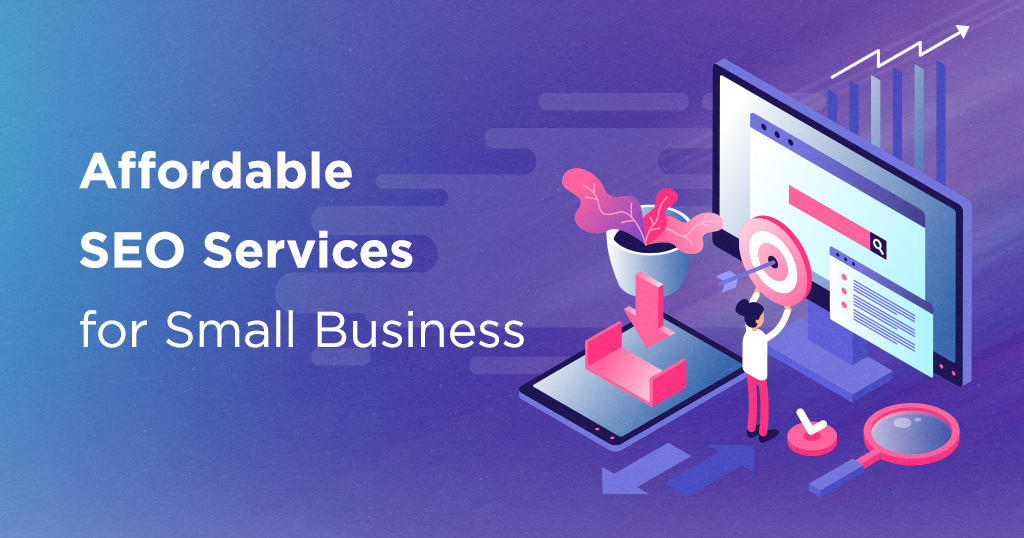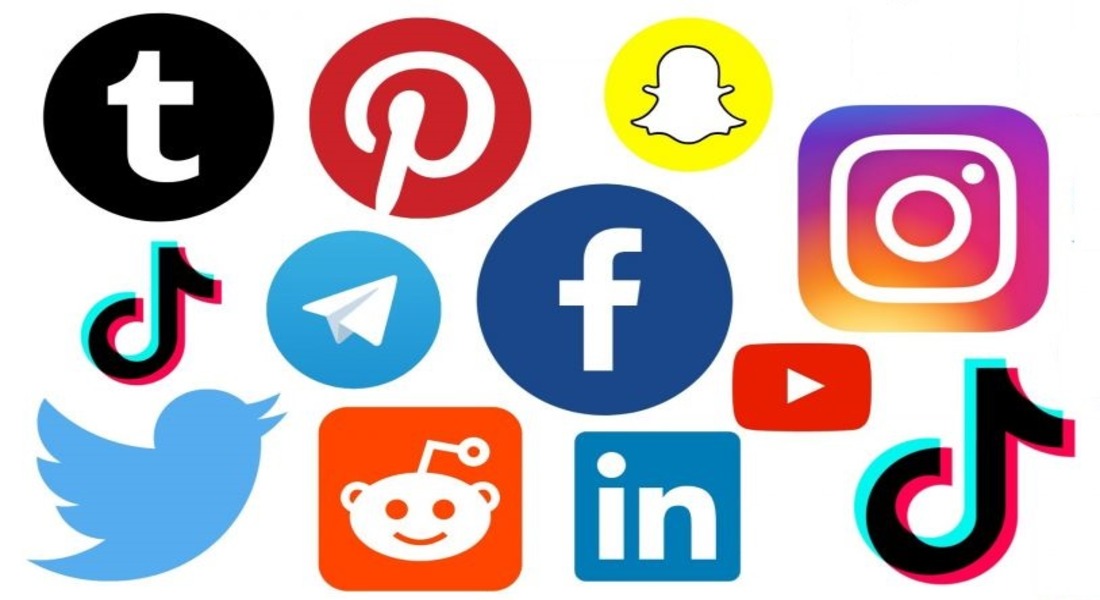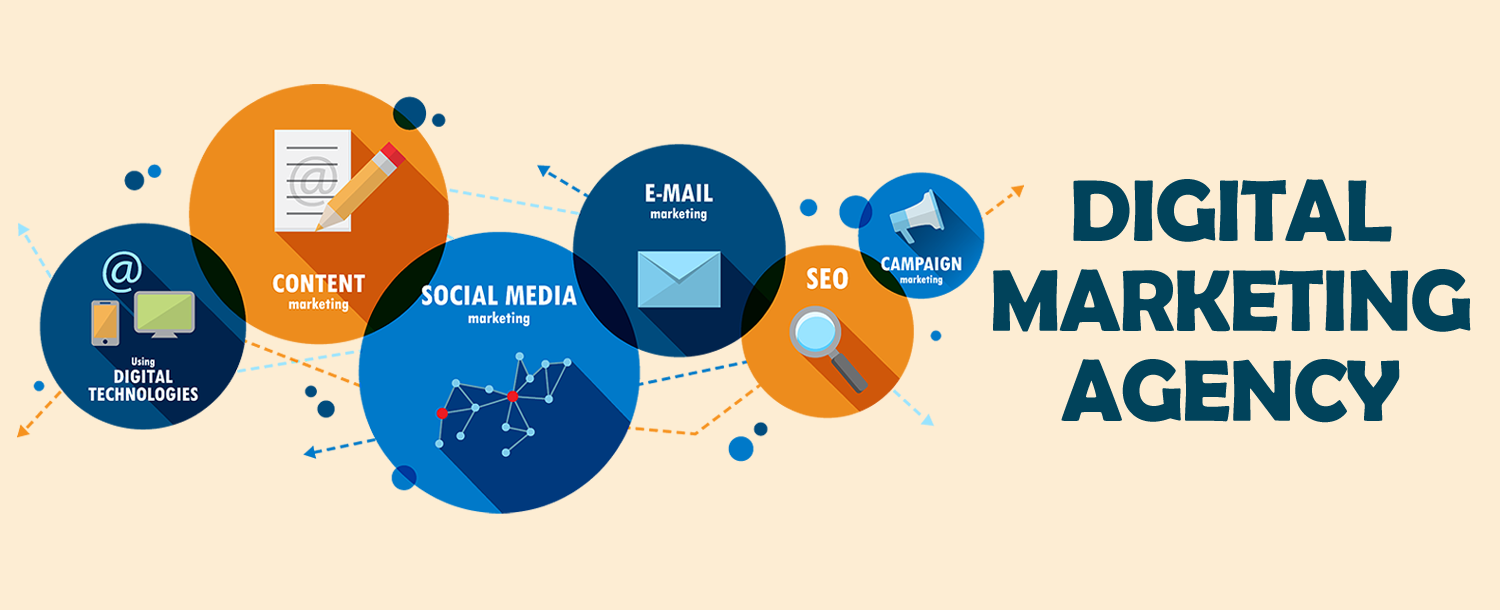Best Social Media Management Tools: Top 10 for 2025

Managing multiple social channels manually eats hours of your week—and still leaves you guessing when to post, how to engage, or whether your campaigns worked. The right social media management tools solve this by centralizing scheduling, analytics, and team collaboration in one dashboard.
In this guide, we reveal the 10 best social media management tools—from free favorites to enterprise powerhouses—so you can automate repetitive tasks, boost engagement, and prove ROI. Ready to reclaim your time and supercharge your social strategy? Keep reading to find the ideal platform for your needs!
10 Best Social Media Management Tools to Drive Marketing Growth
You’ve seen why social strategy matters—now discover the platforms that make it happen. From enterprise powerhouses to lean, free solutions, these ten tools streamline publishing, analytics, and engagement. Read on to find the best social media management tool that transforms your social channels into growth engines.
1. Hootsuite
Hootsuite is the pioneer in social media management tools, trusted by brands like IKEA and Adobe to schedule posts, monitor conversations, and generate in‑depth analytics—all from one platform starting at $99/month.
Features:
-
KPI‑driven Best Time to Publish tool for data‑backed scheduling
-
Customizable analytics dashboards across all major networks (including Bluesky)
-
Unified inbox and social listening for brand mentions and sentiment
Pros & Cons:
-
Pros: Enterprise‑grade analytics; AI‑powered scheduling; extensive integrations
-
Cons: Steep learning curve; higher cost for small teams
2. Sprout Social
Sprout Social delivers powerful social media manager tools—from advanced social listening to influencer campaign tracking—making it a go‑to for medium and large teams willing to invest $199+/month per seat.
Features:
-
Built‑in social listening and sentiment analysis
-
Influencer marketing management with ROI tracking
-
Deep analytics and exportable performance reports
Pros & Cons:
-
Pros: Robust reporting; seamless team collaboration; influencer tools
-
Cons: Premium pricing; limited visual content planning
3. HubSpot Marketing Hub
HubSpot’s integrated CRM and social media management tool offers a centralized social inbox and AI‑driven insights—ideal for enterprise marketers already in the HubSpot ecosystem (from $800/month).
Features:
-
Centralized inbox linking social interactions to CRM data
-
Breeze AI tool for trend spotting and quick actions
-
Detailed campaign reporting across social and email channels
Pros & Cons:
-
Pros: CRM integration; AI‑powered recommendations; enterprise support
-
Cons: Complex pricing; limited platform integrations
4. Sprinklr
Sprinklr is built for global enterprises, offering scheduling, listening, and analytics across 30+ channels plus Sprinklr AI+—a unified CXM powerhouse with custom pricing.
Features:
-
Global social scheduling on niche networks (RenRen, Weibo)
-
Sprinklr AI+ for automated task management and sentiment analysis
-
Unified customer‑experience management across all digital channels
Pros & Cons:
-
Pros: Enterprise scalability; AI automation; global reach
-
Cons: Very high cost; steep onboarding
5. Buffer
Buffer is the best free social media management tool for creators and small businesses—offering post scheduling, simple analytics, and a free plan for up to 3 channels at $6/month/channel for more.
Features:
-
Ideas app and Buffer Remix for content repurposing
-
Start Page for custom link‑in‑bio landing pages
-
AI assistant to speed up content creation
Pros & Cons:
-
Pros: Intuitive UI; free forever tier; flexible link‑in‑bio tool
-
Cons: Limited analytics; no social listening
6. Zoho Social
Zoho Social combines CRM and social media management for under €15/user—enabling task management, live chat collaboration, and automated reposting in a budget‑friendly package.
Features:
-
Native integration with Zoho CRM and Desk
-
Customizable listening dashboards and keyword monitoring
-
Automated reposting of top‑performing content
Pros & Cons:
-
Pros: Affordable; CRM tie‑in; solid basic analytics
-
Cons: Social tools feel secondary; no free tier
7. Metricool
Metricool delivers a free‑to‑start analytics and scheduling suite—featuring Looker Studio dashboards and competitor analysis—tailored for small businesses targeting measurable growth.
Features:
-
Looker Studio integration for custom reports
-
Competitor benchmarking and industry reports
-
Post‑performance heatmaps and tag tracking
Pros & Cons:
-
Pros: Powerful free plan; deep competitor insights
-
Cons: Some features hidden behind paywall; limited team workflows
8. Later
Later simplifies visual scheduling for Instagram, TikTok, and beyond—offering a Creator Marketplace and Linkin.bio feature—making it a top tools for social media managers on visual platforms.
Features:
-
Drag‑and‑drop media calendar and preview
-
Creator Marketplace for influencer partnerships
-
Linkin.bio for shoppable posts
Pros & Cons:
-
Pros: Excellent Instagram/TikTok support; intuitive UI
-
Cons: Basic analytics; no free plan for most features
9. SocialPilot
SocialPilot is a best budget social media management tool for agencies—featuring client‑specific dashboards, white‑labeled reports, and an AI pilot to automate posting workflows.
Features:
-
Client‑segmented dashboards and approval flows
-
White‑labeled reporting and PDF exports
-
Basic AI assistant for post suggestions
Pros & Cons:
-
Pros: Affordable agency pricing; easy client collaboration
-
Cons: AI features limited; shorter free trial
10. Sendible
Sendible offers robust client management tools—like the Client Connect widget—plus onboarding wizards and basic AI assistance, making it a strong social media manager tool for small to mid‑sized agencies.
Features:
-
Client Connect widget for approvals
-
Guided setup and onboarding flows
-
Basic AI assistant for content ideas
Pros & Cons:
-
Pros: Smooth onboarding; client‑friendly interface
-
Cons: White‑label add‑on costs extra; basic analytics only
Here’s a comparison table for the 10 social media management tools, covering Name, Core Features, Pros & Cons, and Use Cases:
| Name | Core Features | Pros & Cons | Best For |
| Hootsuite | - KPI-driven scheduling - Unified inbox & social listening - Custom analytics dashboards |
✅ Enterprise analytics, AI scheduling ❌ Steep learning curve, expensive |
Large teams, data-driven marketers |
| Sprout Social | - Social listening & sentiment analysis - Influencer ROI tracking - Exportable reports |
✅ Robust reporting, influencer tools ❌ Premium pricing, weak visual planning |
Mid/large teams, influencer campaigns |
| HubSpot | - CRM-linked social inbox - AI trend spotting - Cross-channel reporting |
✅ CRM integration, AI recommendations ❌ Complex pricing, limited integrations |
HubSpot users, enterprise marketers |
| Sprinklr | - 30+ channel support - AI automation - Global CXM platform |
✅ Enterprise scalability, AI-driven ❌ Very expensive, complex onboarding |
Global enterprises, omnichannel CX |
| Buffer | - Free plan (3 channels) - AI content assistant - Link-in-bio tool |
✅ Simple UI, free tier ❌ No social listening, basic analytics |
Small businesses, solopreneurs |
| Zoho Social | - CRM integration - Automated reposting - Budget-friendly pricing |
✅ Affordable, CRM sync ❌ No free tier, basic features |
SMBs using Zoho ecosystem |
| Metricool | - Competitor benchmarking - Free analytics - Looker Studio integration |
✅ Free plan, competitor insights ❌ Paywalled features, weak teamwork |
SMBs focused on analytics |
| Later | - Visual calendar for IG/TikTok - Creator Marketplace - Shoppable links |
✅ Great for visuals, easy UI ❌ Limited analytics, no free plan |
Instagram/TikTok-focused creators |
| SocialPilot | - Client dashboards - White-label reports - AI post suggestions |
✅ Affordable for agencies ❌ Weak AI, short trial |
Marketing agencies |
| Sendible | - Client approval widget - Onboarding wizards - Basic AI assistance |
✅ Easy setup, client-friendly ❌ Extra cost for white-label |
Small/mid-sized agencies |
Key Takeaways:
-
Enterprise: Sprinklr, Hootsuite, HubSpot
-
Mid-market: Sprout Social, Sendible
-
SMBs/Budget: Buffer, Zoho Social, Metricool
-
Agencies: SocialPilot, Sendible
-
Visual Platforms: Later
Key Factors to Consider When Selecting the Best Social Media Management Tool
Before you evaluate platforms, understand what truly drives efficiency and ROI. From scheduling precision to team workflows, these six criteria will help you choose the best social media management tool for your unique needs.
-
Feature Set & Platform Support
Ensure scheduling, analytics, social listening, and collaboration features cover all channels you use. -
Ease of Use & Onboarding
Look for intuitive UIs, guided setup wizards, and quality customer support to minimize ramp‑up time. -
Pricing & Scalability
Compare tiered plans by number of users, social profiles, and features—so costs scale predictably as you grow. -
Collaboration & Approval Workflows
If you work in teams or with clients, check for role‑based permissions, approval queues, and shared calendars. -
Analytics & Reporting
Robust, customizable dashboards and exportable reports help prove ROI and guide strategy. -
Integrations & API Access
Verify seamless connections with your CRM, CMS, and other marketing tools (e.g. Zapier, Bit.ly).
Conclusion
We’ve covered the 10 best social media management tools—from enterprise‑grade platforms like Hootsuite, Sprout Social, and Sprinklr to budget‑friendly/free options like Buffer, Zoho Social, and Metricool. By weighing features, pricing, collaboration, and analytics, you can select the perfect tool to streamline your workflows and amplify your social ROI.
Ready to transform your social strategy? Start your free trials today and discover which platform drives the greatest growth for your brand!
FAQs
-
What are social media management tools?
Social media management tools are software platforms that centralize scheduling, publishing, analytics, and team collaboration for multiple social networks in one dashboard.
-
Which is the best free social media management tool?
Buffer offers a robust free plan for up to three channels, including scheduling, a link‑in‑bio Start Page, and basic analytics—making it the best free social media management tool.
-
What social media management tools do agencies use?
Agencies often choose SocialPilot or Sendible for their client‑segmented dashboards, approval workflows, and white‑labeled reporting features. If you are looking for a reliable social media marketing agency, Starrpicks offers the best options.
-
Which is the best social media management tool for small businesses?
Zoho Social and Metricool provide budget‑friendly plans with essential scheduling, analytics, and CRM integrations—ideal for small teams.
-
How do I choose a social media management tool?
Evaluate your required networks, team size, feature needs (scheduling, analytics, listening), budget constraints, and integration requirements to select the best fit.









